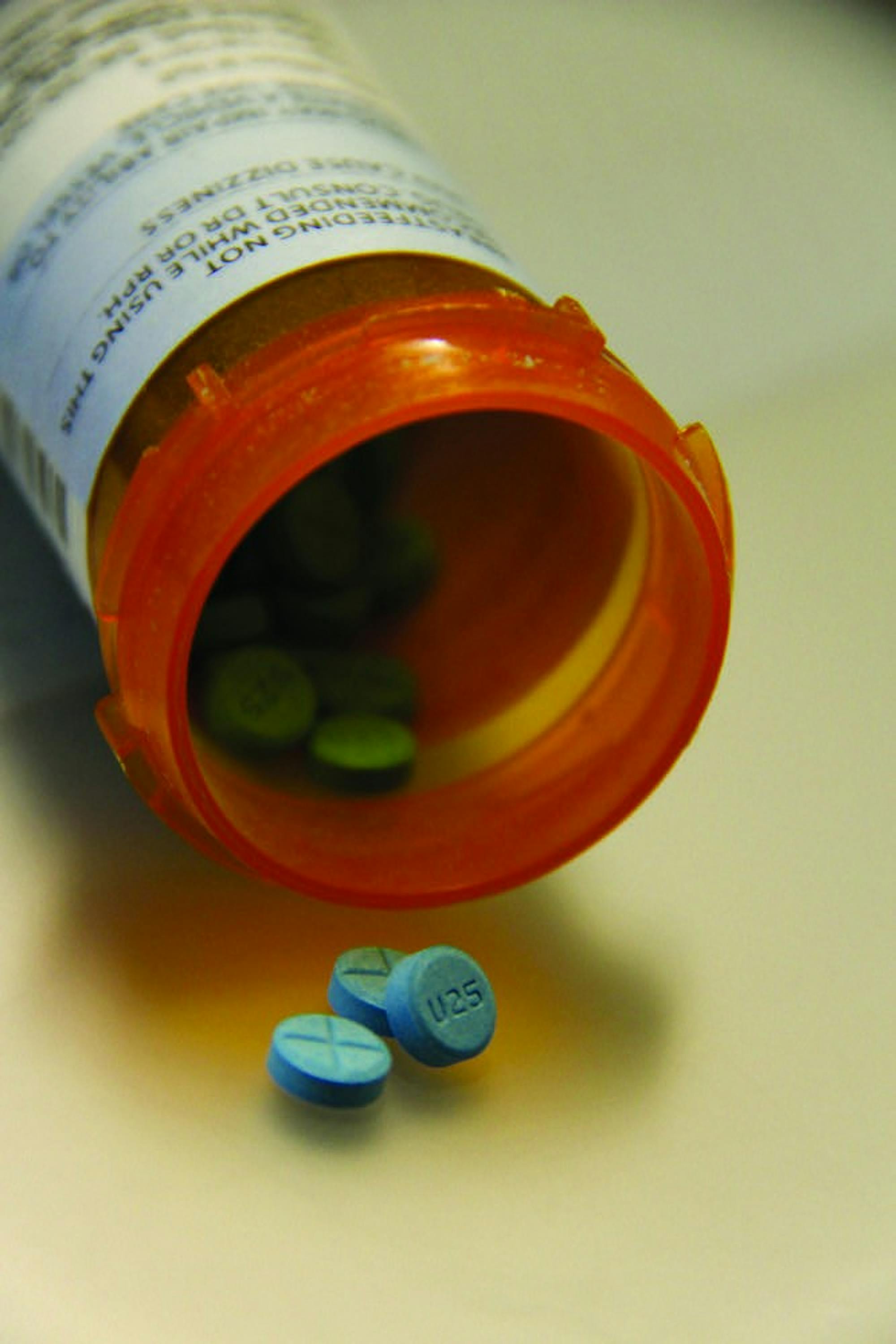Imagine this. It’s finals week, and the amount of material to be learned far surpasses the amount of time before the exam. Every minute of time is crucial, so trekking to the stacks for complete isolation to cram sounds like the perfect solution. That is, until everything becomes a distraction: the books on the shelves, the white noise of the room and the view outside the window all seem to be far more interesting than last week’s economics lecture.
Another scene: it’s 10 p.m. Surprinsingly staring at a blank Word document and wishing the words on the paper due in nearly two hours would just write themselves has proved to be of little efficacy. The document just glares back, white and empty, and taking a break to scroll through social media sounds like a good alternative to trying to finish the paper.
For many students, these scenarios are common occurrences. “Why can’t I just focus?” is a question heard time and time again. From managing their academic careers, extracurricular activities and social lives, Dartmouth students are all busy people, and most days, 24 hours just does not seem to be enough. Eventually though, they are able to set our distractions aside and get their to-do lists done, but what about those who don’t have it that easy, those who have been wired to simply not be able to focus in the same way?
Attention deficit hyperactivity disorder, more commonly known as ADHD, is a brain disorder that is characterized by periods of hyperactivity, inattention and impulsivity. Sometimes amphetamine, which stimulates the central nervous system, is prescribed as a treatment. Amphetamine increases the neurotransmitters norepinephrine and dopamine, which are responsible for regulating mood and behavior. Both neurotransmitters facilitate alertness, focus, thought, effort and motivation in people’s brains and help them execute their everyday activities.
Adderall and Ritalin are common prescription drugs to take for those who have ADHD in order to treat the symptoms of the condition. However, some unprescribed students also use the drug in an attempt to enhance their cognitive abilities.
There are many students with brain differences, such as attention disorders, at Dartmouth who have learned how to adapt to the fast-paced nature of the quarter system with the help of their medication. An anonymous female student at the College was diagnosed with ADHD a year ago. She recounted how she struggled both in and out the classroom and described the disorder as “being two different people.”
She said she feels as if she’s one person when she is on medication, someone who can talk to people “until her emotions say otherwise,” and another person when she’s not on it, one who is “outgoing, talkative and really wanting to build deep connections with people.”
“My mind is really spacey unless I’m absolutely invested in whatever I’m learning,” she said. “A lot of my motivation has to come intrinsically, or else I legitimately have no ability to focus.”
She also explained that when she’s on the medication, she’s more organized.
“I make my bed every day, my handwriting is nicer,” she said. “My brain is in overdrive, working 24/7, so I really end up paying attention to the details.”
When asked how she feels about the unprescribed use of ADHD medications, she expressed her discontent, especially with the sellers of the medication.
“It’s just wrong when people who actually have ADHD choose to sell their medicine, giving it to someone else who has no reason to take it and can even develop an extreme addiction to it,” she said.
The source also noted that she believes that those who misuse the drug can “build an addiction faster” because they end up taking more than the prescribed dosages, which are usually kept low so those who take it do not end up relying too heavily on it for their day-to-day functions.
Although not personally affected by ADHD, another anonymous student at the College shared similar sentiments about the misuse of the ADHD medications.
“Abusing drugs like Adderall is unethical,” the student said. “It’s disrespectful to those who actually need it to function at the normal level — how is it fair for the people who are already at this level to take it just to gain an unfair advantage?”
According to a survey conducted by College Pulse, 91.6 percent of the 487 Dartmouth students who responded reported not being diagnosed with ADD or ADHD. Ninety-four percent reported not having a prescription to ADHD medication. In the same survey, 22.5 percent of Dartmouth students reported it was “not difficult at all” to get access to “perscription stimulants,” with 46.1 percent considering taking unperscribed stimulants as “moderately harmful.”
When asked if the frequency of the use of cognitive enhancing drugs on Ivy League college campuses can be linked to their competitive, academics-based environment, philosophy professor and chair of the cognitive sciences program Adina Roskies attributed the frequency to the mentalities of the students rather than the institutions themselves.
“My own feeling is that there is way too much attention on grades and credentials,” she said. “It may be the case that the environment is very competitive and leads to abuse of these drugs, but that is because students perceive that the world values certain things that it actually does not.”
At Dartmouth, students all do things differently. People learn and interact in various ways: some are better at focusing on certain tasks than others, and some are better at talking to people than others. Some have disorders causing these issues, while others do not. Nonetheless, all chose to be at the College for the sole purpose of becoming better versions of themselves — the goal of higher education in general, per Professor Roskies.
“Students have lost sight of why they’re here — to be developing skills and critical thinking abilities, learning new things and having new experiences,” Roskies said. “For that, it doesn’t matter if you’re on a cognition enhancing drug or not, striving to improve should still be desirable.”




